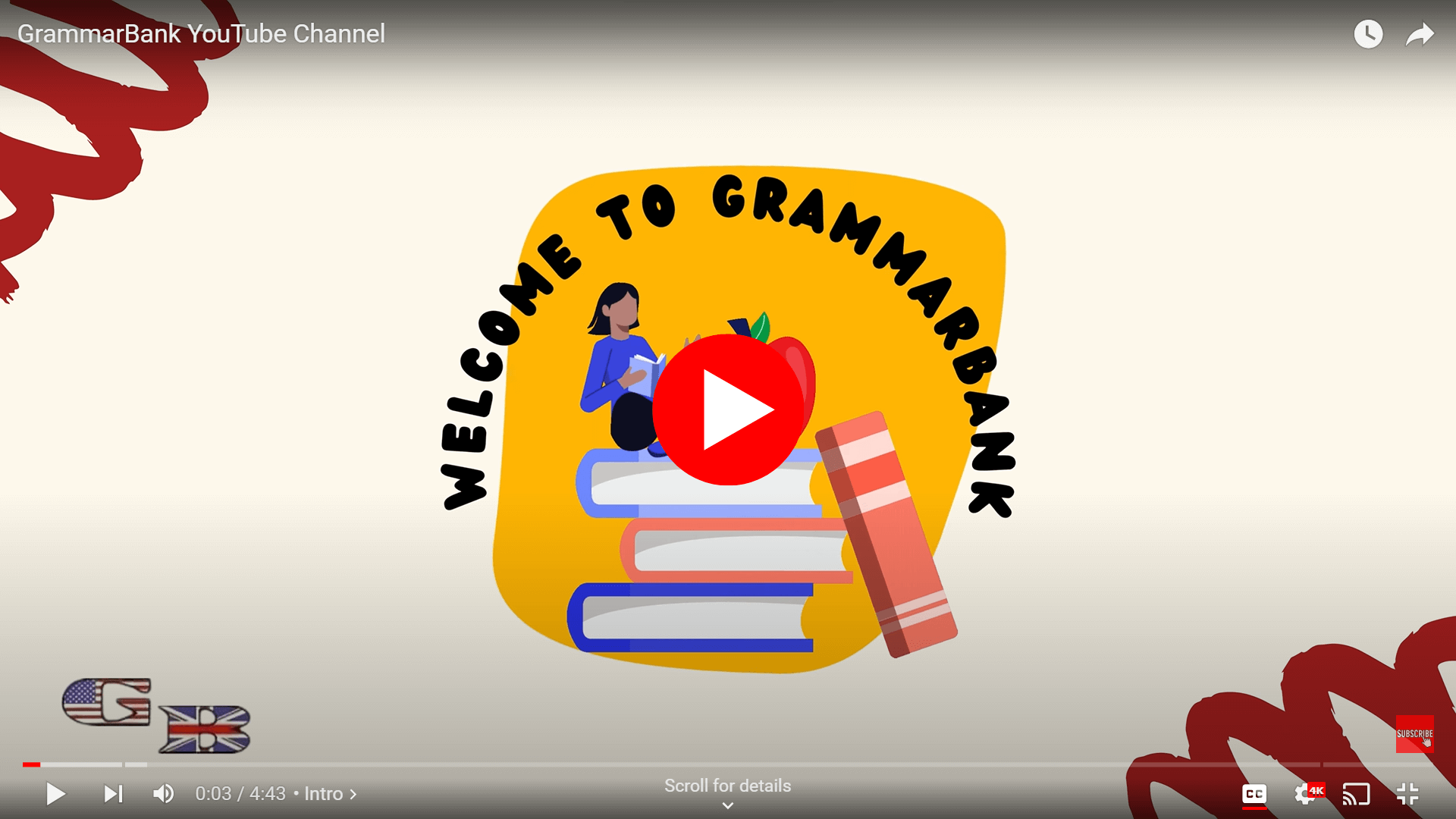Clause / Phrase / Sentence
Though many misuse these terms interchangeably, they are quite different from each other.
Also See:
Adverbial Clauses / Phrases
Also See:
Adverbial Clauses / Phrases
PHRASES
A small group of words forming a meaningful unit within a clause is called a phrase. They don’t contain a subject or a verb. Phrases can be classified into five groups:
1-A Noun Phrase
A noun phrase is a group of words in a sentence that acts like a noun.
For example: Have you seen the man in black.
2-A Verb Phrase
A verb phrase is a combination of a verb and a particle.
For example: I have been living in Los Angeles since I was born.
3-An Adjective Phrase
An adjective phrase is a prepositional phrase which is used as an adjective.
For example: My neighbor has a very interesting job.
4-An Adverbial Phrase
An adverbial phrase is a phrase with two or more words that act adverbially.
For example: You have to hand in your assignment as fast as possible.
5-A Prepositional Phrase
A prepositional phrase is a group of words that begins with a preposition and is followed by a noun or a pronoun.
For example: I parked my car under the bridge.
CLAUSES
A clause is made up of a subject and a verb. Depending on the type, clauses can sometimes act as a sentence. Clauses can be classified into two main groups:
1-Main Clause (Independent Clause)
It can stand alone as a sentence.
For example: I like pizza.
2- Subordinate Clause (dependent Clause)
It cannot express a complete thought. In other words, it can’t stand alone.
For example: When I saw him. (incomplete)
SENTENCES
A complete sentence contain a subject and a verb, and it can be made up of more than one clause.
For example: I ate some meat.
We can make up more complex sentences by adding multiple clauses or phrases to give extra information about what's being described.
For example: I went out to eat some fish but I couldn’t find a good restaurant.





Comments